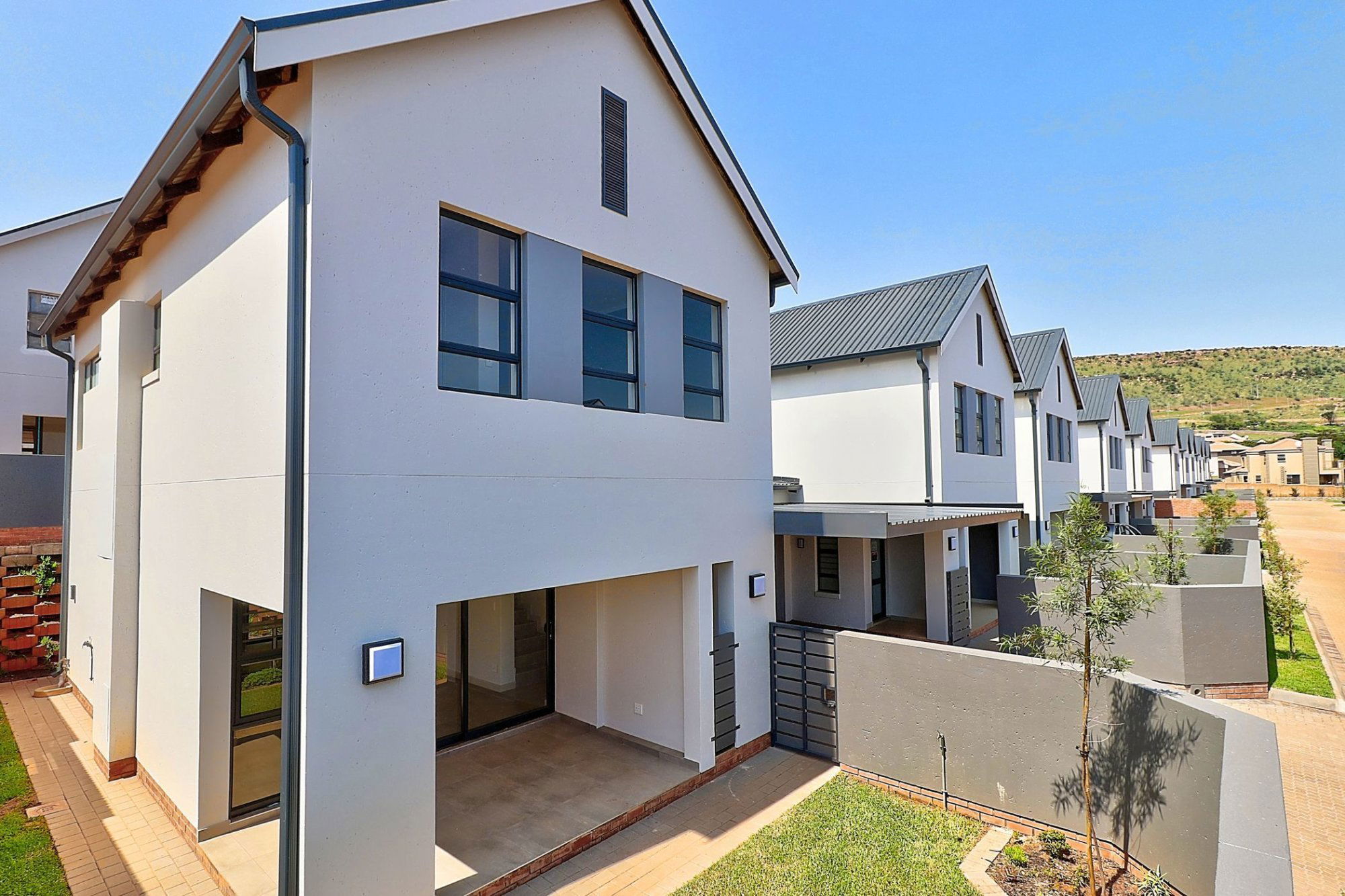Save for a Home Deposit

A deposit is very important as it gives potential home buyers the boost they need when applying for a home loan.
If you have a deposit to put down, the Banks will take this into account and your affordability score will rise.
Additionally, your monthly home loan repayments will be lowered and depending on the relevant Bank’s criteria, you could be able to apply for a higher bond if you wish.
Saving towards a deposit is a simple concept although it can seem difficult depending on your financial situation.
However, it is like any investment plan; it takes time and patience. Start by drawing up a budget of your monthly expenses and deciding how much you can afford to save per month.
You may have to make cutbacks on certain items, but in the end being able to put down a deposit will result in lower instalments and less interest over the loan period, making paying off your loan more manageable.
Budgeting tip: A general guideline is to aim to have 8% of the property value available as this will likely cover registration costs.
Check your credit profile
Knowing your credit status and working towards a good credit status is important. It can improve your chances of being approved for a home loan rather than being sent away from the bank disappointed.
An important step towards home ownership is having a good credit record.
A good credit profile is when your credit history has been maintained in good standing for a certain length of time (the specific period varies from institution to institution) by adhering to monthly payments on time.
If you don’t already have a credit history, meaning you don’t have any debts or credits on your record, then it is advisable to open an account or apply for a credit card.
By using the credit available and paying it back diligently you can start building a reputable credit score.
Tips for a better credit score: Credit providers assess all recorded debt so close all unused accounts where possible.
The more access to credit you have on record, the lower the credit score will be.